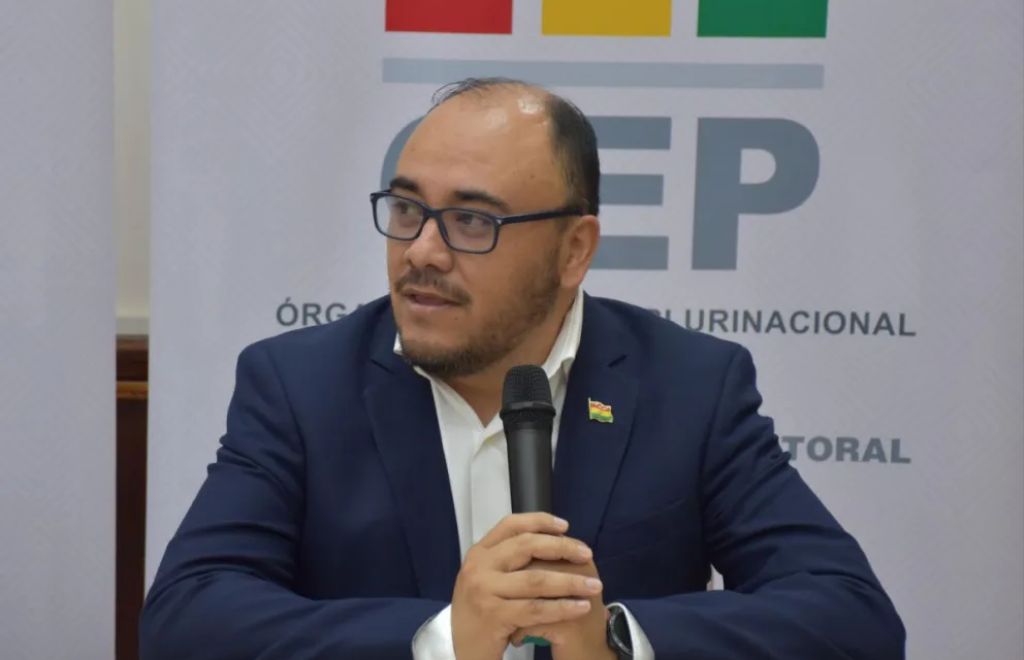The Supreme Electoral Tribunal (TSE) has resubmitted a crucial bill concerning subnational elections to the Plurinational Legislative Assembly (ALP), emphasizing the urgency of its approval. TSE member Gustavo Avila highlighted the tight timeline, noting that the electoral process must be completed by the first or second Sunday of March 2026. ‘We are resubmitting the bill and urging the new authorities to expedite its approval, as elections must be called before November 19,’ Avila stated during a press conference.
博客
-
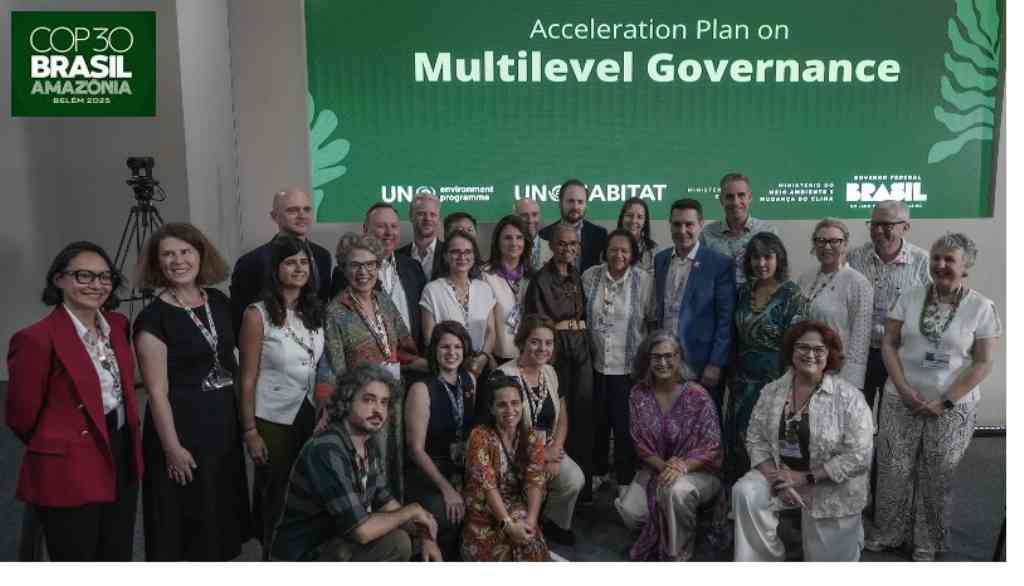
Brazil promotes multi-level governance at COP30 for climate action
The global fight against climate change has reached a pivotal moment with the launch of a groundbreaking initiative aimed at institutionalizing multi-level governance as a cornerstone for the effective implementation of the Paris Agreement. This announcement was made during the High-Level Ministerial Panel on Multi-Level Governance for the Implementation of the Paris Agreement and Climate Strategies, held in the Blue Zone of the ongoing United Nations Climate Change Conference (COP30).
Brazil and Germany have been named co-chairs of the Coalition for High-Ambition Multi-Level Partnerships (CHAMP), a coalition dedicated to fostering collaboration across various levels of governance to address climate challenges. Brazil’s Minister of Environment and Climate Change, Marina Silva, underscored the transformative nature of this approach, stating that adapting to climate change requires not only structural changes in cities but also a fundamental shift in their management.
Silva emphasized that multi-level governance goes beyond mere coordination, serving as a platform for shared responsibility among diverse actors and sectors. This collaborative framework is expected to enhance the efficiency of climate strategies and ensure a more unified global response to the pressing issue of climate change.
-
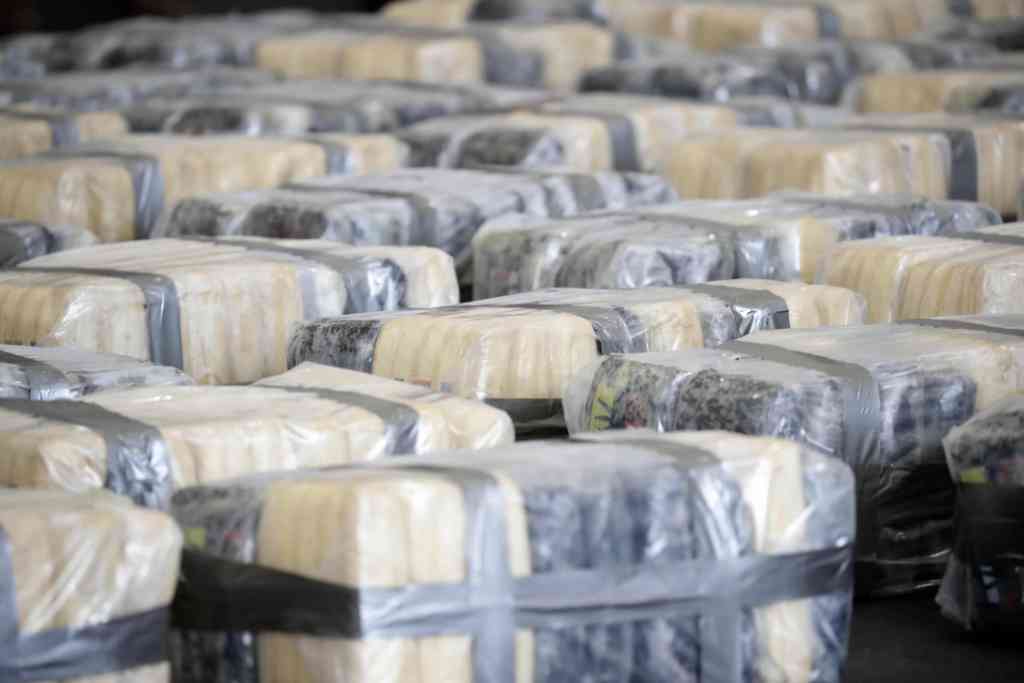
Colombia seized more than seven thousand tons of drugs in three years
Law enforcement agencies worldwide have made significant strides in combating the illegal drug trade under the current administration. Recent data reveals that approximately 27 billion doses of illegal substances were intercepted before reaching global markets, with an annual average seizure exceeding 1,800 tons. Between 2022 and 2025, authorities dismantled 17,838 drug production laboratories, 96% of which were dedicated to manufacturing coca paste or cocaine base. Notably, the number of cocaine hydrochloride labs destroyed surged from 74 in 2022 to 203 in 2025, reflecting a more focused approach on advanced processing stages. Defense Minister Pedro Sanchez highlighted that 780 individuals have been extradited over the past three years for drug-related crimes. Additionally, the government is collaborating with chemical engineers to develop a novel molecule that disrupts cocaine production when added to fuel, without compromising vehicle performance. Official reports indicate that over 820 tons of cocaine have been seized this year alone, marking a 7% increase compared to the same period in 2023. Furthermore, the destruction of one laboratory every 40 minutes represents a 24% improvement over 2024 results.
-

Latam pilots’ strike begins in Chile for improved working conditions
A strike initiated by the Pilots’ Union at midnight has caused significant disruptions for Latam Airlines, following the collapse of negotiations between the company and the union. The talks, mediated by the Labor Directorate, failed to reach an agreement, prompting the union to take industrial action. Mario Troncoso, president of the Pilots’ Union, expressed frustration, stating that the strike was avoidable given the company’s substantial profits and the union’s moderate demands. Troncoso highlighted that Latam had accumulated profits of $1.5 billion over the past 18 months, while the workers’ demands represented less than 1% of that figure. In response to the strike, Latam Airlines has rescheduled several flights for today and tomorrow and advised passengers to verify their flight status before traveling to the airport. The union, representing 464 pilots, emphasized that the strike was a last resort after repeated attempts to negotiate fair terms with the company.
-
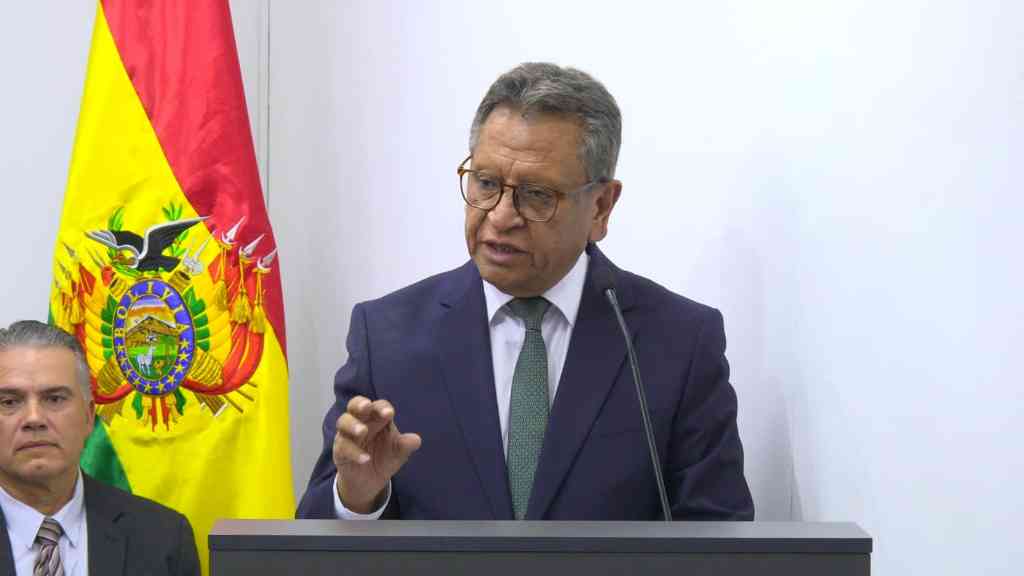
Bolivian minister confirms collaboration with US DEA
Bolivia is intensifying its efforts to tackle transnational and serious crimes through enhanced international cooperation. Minister Oviedo announced at a press conference that the country will collaborate with multiple agencies and nations, including the U.S. Drug Enforcement Administration (DEA) and police units from the European Union. Additionally, Bolivia has established agreements with neighboring countries to bolster its crime-fighting initiatives. This announcement followed the swearing-in ceremony of three deputy ministers, including Ernesto Justiniano, the newly appointed Minister of Social Defense, also known as the Minister of the Fight Against Drug Trafficking. Justiniano, who previously held this role from 2002 to 2003 under the administration of Gonzalo Sanchez de Lozada, reaffirmed his commitment to working closely with international agencies dedicated to combating drug trafficking. He highlighted his intention to strengthen ties with organizations that may have been less active during the previous government, signaling a renewed focus on global collaboration in addressing this pressing issue.
-

Cuban poster exhibition opens at Cineteca in Mexico
The National Film Archive in Mexico City recently launched a captivating exhibition featuring 15 meticulously curated posters from the Cuban Embassy’s collection. Marina Stavenhagen, the Director General of the National Film Archive, inaugurated the event, highlighting the significance of the showcased works. These posters, created between 1964 and 1993, bear the artistic signatures of renowned Cuban visual artists Raul Martinez and Rene Portocarrero, as well as designers Eduardo Munoz and Antonio Fernandez. The exhibition drew a crowd of enthusiasts who marveled at the iconic designs for films like ‘Lucia’ and ‘Memories of Underdevelopment.’ Stavenhagen revealed that this display is the first installment of a larger exhibition slated for January at the National Film Archive in Chapultepec. She emphasized the honor of presenting a segment of the archive’s iconographic collection, which celebrates the creativity and diversity of Cuban film posters, a globally recognized art form. Following the opening, attendees were treated to a screening of the Cuban cinema classic ‘Strawberry and Chocolate’ (1993), offering a glimpse into the upcoming Cuban film series scheduled for January 2026.
-
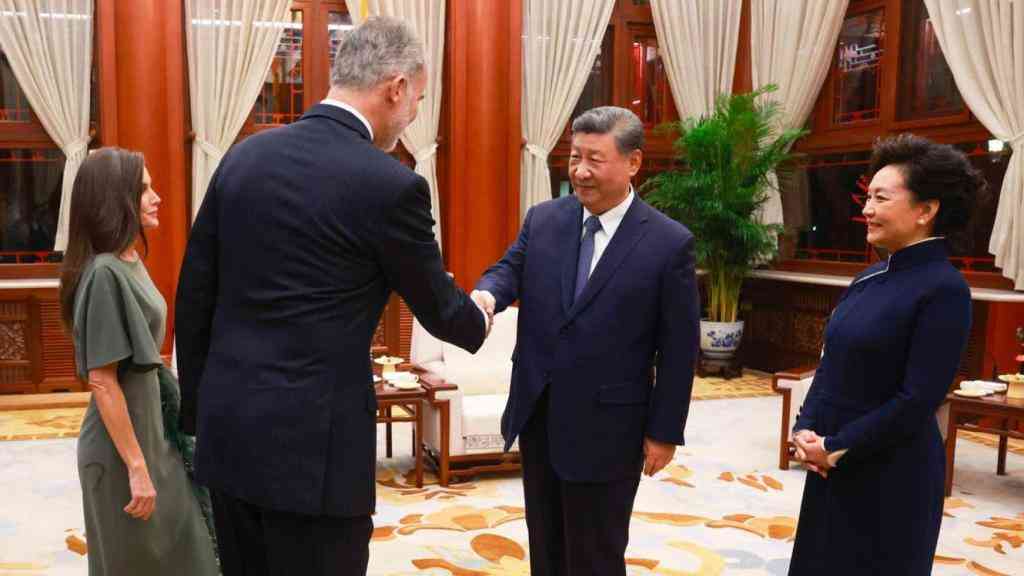
Xi Jinping and King Felipe VI promote China-Spain trade ties
In a landmark diplomatic event, Spain’s King Felipe VI and Queen Letizia embarked on their first state visit to China in 18 years, marking a significant milestone in bilateral relations. This visit follows three earlier trips by Spanish Prime Minister Pedro Sánchez since 2023, signaling a renewed commitment to deepening ties between the two nations. The royal couple’s itinerary included a high-profile ceremony in Beijing, where they joined Chinese President Xi Jinping to sign cooperation agreements aimed at fostering strategic alliances in key sectors such as automotive innovation, green energy, and technological advancement. King Felipe VI commenced his visit in Sichuan province, where he inaugurated the Spain-China Business Forum in Chengdu, a platform designed to enhance trade and investment opportunities. During his address, the monarch emphasized Spain’s dedication to a rules-based international system, transparency, and legal respect, while advocating for stronger economic collaboration. Official statistics reveal that approximately 400 Spanish companies operate in China, while nearly 300 Chinese enterprises have established a presence in Spain, with Beijing’s cumulative investments in the European nation surpassing those of Spain in China. This burgeoning partnership, however, has raised concerns in the United States, the European Union’s largest trading partner, as it navigates the shifting dynamics of global diplomacy.
-
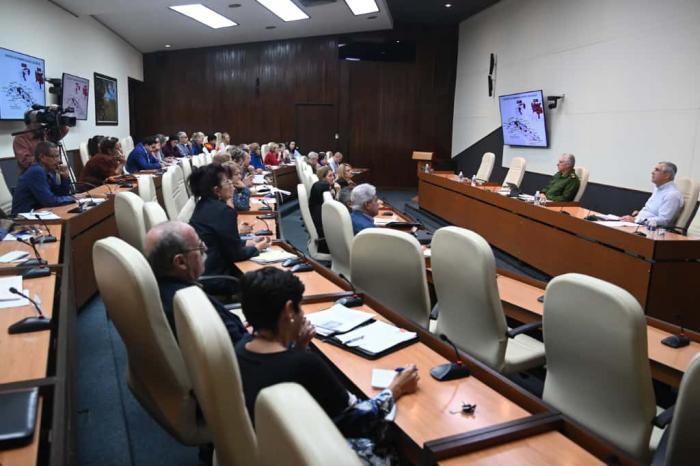
Tackling this epidemic as we did with COVID-19
In response to a surge in nonspecific febrile syndrome cases primarily caused by arbovirus infections, Cuban President Miguel Díaz-Canel has announced weekly meetings to analyze the situation and propose solutions. The decision follows a gathering of health experts and scientists at the Palace of the Revolution, where the President emphasized the need for a coordinated approach akin to the nation’s COVID-19 response. The meeting, attended by Deputy Prime Minister Eduardo Martínez Díaz and prominent health specialists, focused on the current epidemiological landscape, particularly the spread of dengue, Chikungunya, and Oropouche viruses. Dr. José Raúl de Armas Fernández reported a decline in febrile cases across eight provinces but highlighted the persistence of arbovirus transmission in 38 municipalities, with Havana being notably affected. Chikungunya cases have surged to 21,681, concentrated in six provinces, while Oropouche cases remain absent since September. Dr. María Guadalupe Guzmán Tirado underscored the global prevalence of Chikungunya and Cuba’s intensified surveillance efforts. Dr. Yagen Pomares Pérez, Director General of Primary Health Care, stressed the importance of early fever detection and patient isolation, drawing parallels to lessons learned during the pandemic. She emphasized the need for hospitalizing vulnerable groups, including children under two, pregnant women, and older adults with comorbidities. Dr. Madelaine Rivera Sánchez, National Director of Surveillance and Vector Control, highlighted challenges in fumigation efforts and called for community participation to enhance vector control measures. The government aims to address equipment shortages and logistical issues to curb the epidemic’s spread effectively.
-
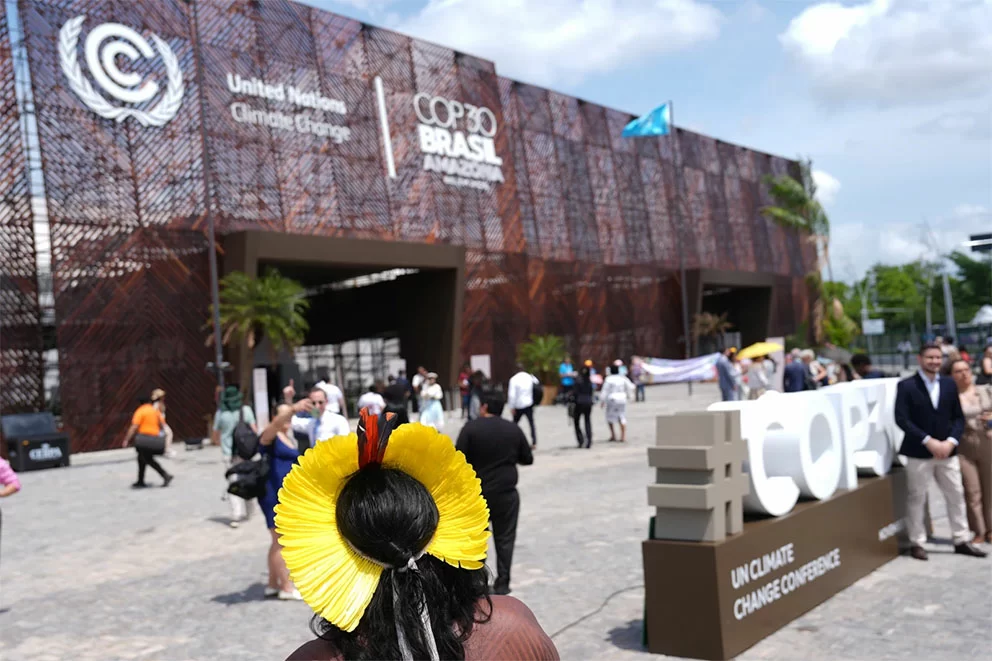
COP30: Inheemse volken zoeken hun stem te midden van uitdagingen
The United Nations Climate Change Conference, COP30, held near the Amazon rainforest in Brazil, began with an unexpected power outage during its opening ceremony. Indigenous participants, accustomed to adapting to challenges, responded by singing, dancing, and offering prayers to maintain the atmosphere, despite the lack of microphones and technical equipment. This incident, while symbolic of resilience, also highlighted broader skepticism about whether the conference, dubbed the ‘Indigenous COP,’ will truly fulfill its promises to center Indigenous communities in climate action. Indigenous peoples, who make up about 5% of the global population, protect over 80% of the world’s remaining biodiversity. Their traditional knowledge and sustainable practices are vital for ecosystem preservation, yet they remain disproportionately affected by climate change due to their vulnerable habitats and reliance on natural resources. Historically marginalized and often excluded from decision-making processes, Indigenous communities face significant barriers to meaningful participation in international climate negotiations. Despite COP30 being framed as a tribute to Amazonian Indigenous peoples, many representatives are still confined to national delegations, limiting their influence on policy outcomes. Practical challenges, such as language barriers, funding shortages, and limited access to housing in Belém, further hinder their involvement. Activists like Thalia Yarina Cachimuel and Edson Krenak emphasize the need for systemic changes to ensure Indigenous voices are heard and respected. While COP30 offers a platform for greater inclusion, the conference’s success will depend on translating promises into actionable policies that directly benefit Indigenous communities.
-
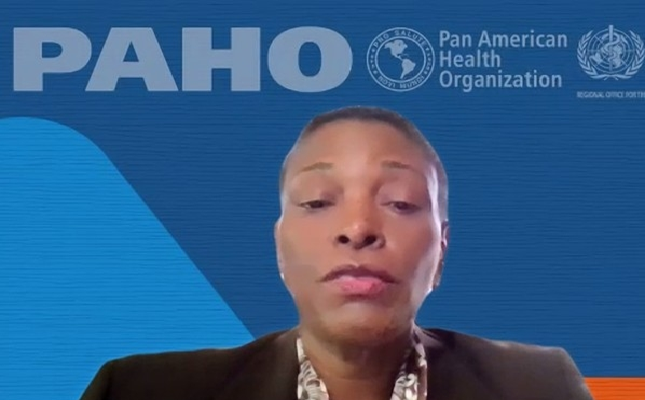
Americas lose Measles-Free Status as Canada records sustained cases
The Pan American Health Organization (PAHO) has raised alarms over the resurgence of measles in the Americas, as Canada reports sustained transmission of the disease for over 12 months. This development has led to the region losing its measles-free status, a significant setback in public health efforts. Measles, known for its high contagion rate, is particularly concerning with the winter travel season approaching, increasing the risk of widespread transmission across the Americas. Dr. Sealy, PAHO’s Assistant Director, emphasized the importance of achieving a 95% vaccination coverage for both doses of the MMR (measles, mumps, and rubella) vaccine, noting that while the Caribbean maintains strong vaccination rates, there has been a decline in second-dose administration in some areas. PAHO officials are urging countries to bolster vaccination efforts and encourage individuals to report symptoms promptly to prevent further spread. Dr. Jarbas Barbosa, PAHO’s Director, acknowledged the setback but stressed that the situation is reversible, highlighting the ongoing global threat of measles outbreaks. Health authorities remain vigilant as active cases persist in the United States, Mexico, and Venezuela.
